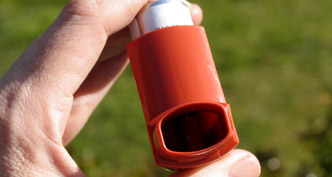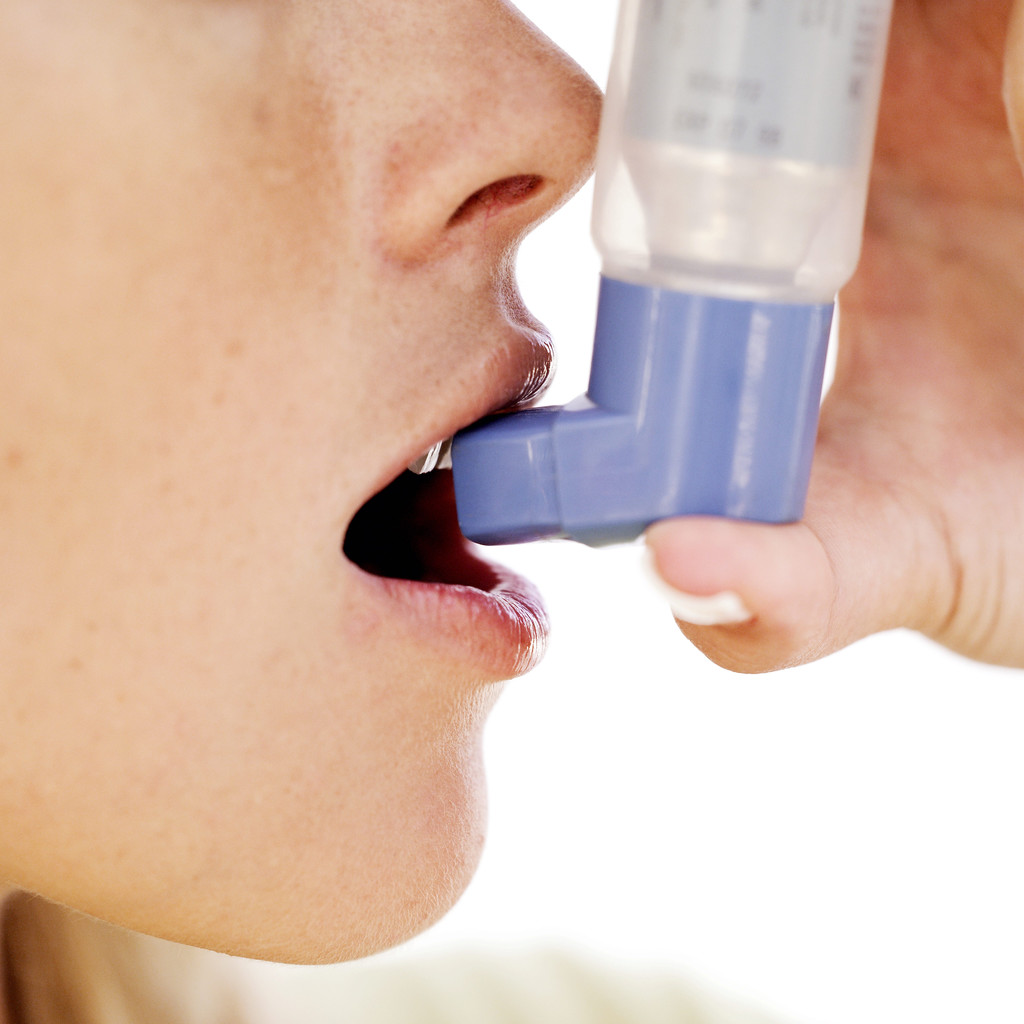|
Asthma Attack
 Since asthma is a
chronic disease, treatment goes on for a very long time. Some people have to
stay on treatment for the rest of their lives. The best way to improve your
condition and live your life on your terms is to learn all you can about your
asthma and what you can do to make it better. Since asthma is a
chronic disease, treatment goes on for a very long time. Some people have to
stay on treatment for the rest of their lives. The best way to improve your
condition and live your life on your terms is to learn all you can about your
asthma and what you can do to make it better.
- Become a partner with
your health care provider and his or her support staff. Use the resources
they can offer -- information, education, and expertise -- to help yourself.
- Become aware of your
asthma triggers and do what you can to avoid them.
- Follow the treatment
recommendations of your health care provider. Understand your treatment.
Know what each drug does and how it is used.
- See your health care
provider as scheduled.
- Report any changes or
worsening of your symptoms promptly.
- Report any side
effects you are having with your medications.
These are the goals of treatment:
- Prevent ongoing and
bothersome symptoms
- Prevent asthma
attacks
- Prevent attacks
severe enough to require a visit to your provider or an emergency department
or hospitalization
- Carry on with normal
activities
- Maintain normal or
near-normal lung function
- Have as few side
effects of medication as possible
 Self-Care at Home Self-Care at Home
Current treatment regimens are designed to
minimize discomfort, inconvenience, and the extent to which you have to limit
your activities. If you follow your treatment plan closely, you should be able
to avoid or reduce your visits to your health care provider or the emergency
department.
- Know your triggers
and do what you can to avoid them.
- If you smoke, quit.
- Do not take cough
medicine. These medicines do not help asthma and may cause unwanted side
effects.
- Aspirin and
non-steroidal anti-inflammatory drugs, such as ibuprofen, can cause asthma to
worsen in certain individuals. These medications should not be taken without
the advice of your health care provider.
- Do not use
nonprescription inhalers. These contain very short-acting drugs that may not
last long enough to relieve an asthma attack and may cause unwanted side
effects.
- Take only the
medications your health care provider has prescribed for your asthma. Take
them as directed.
- Do not take any
nonprescription preparations, herbs, or dietary supplements, even if they are
completely "natural," without talking to your health care provider first.
Some of these may have unwanted side effects or interfere with your
medications.
- If the medication is
not working, do not take more than you have been directed to take. Overusing
asthma medications can be dangerous.
- Be prepared to go on
to the next step of your action plan if necessary.
If you think your medication is not
working, let your health care provider know right away.
-
First Aid Case List -
back to top - |
 Since asthma is a
chronic disease, treatment goes on for a very long time. Some people have to
stay on treatment for the rest of their lives. The best way to improve your
condition and live your life on your terms is to learn all you can about your
asthma and what you can do to make it better.
Since asthma is a
chronic disease, treatment goes on for a very long time. Some people have to
stay on treatment for the rest of their lives. The best way to improve your
condition and live your life on your terms is to learn all you can about your
asthma and what you can do to make it better. Self-Care at Home
Self-Care at Home